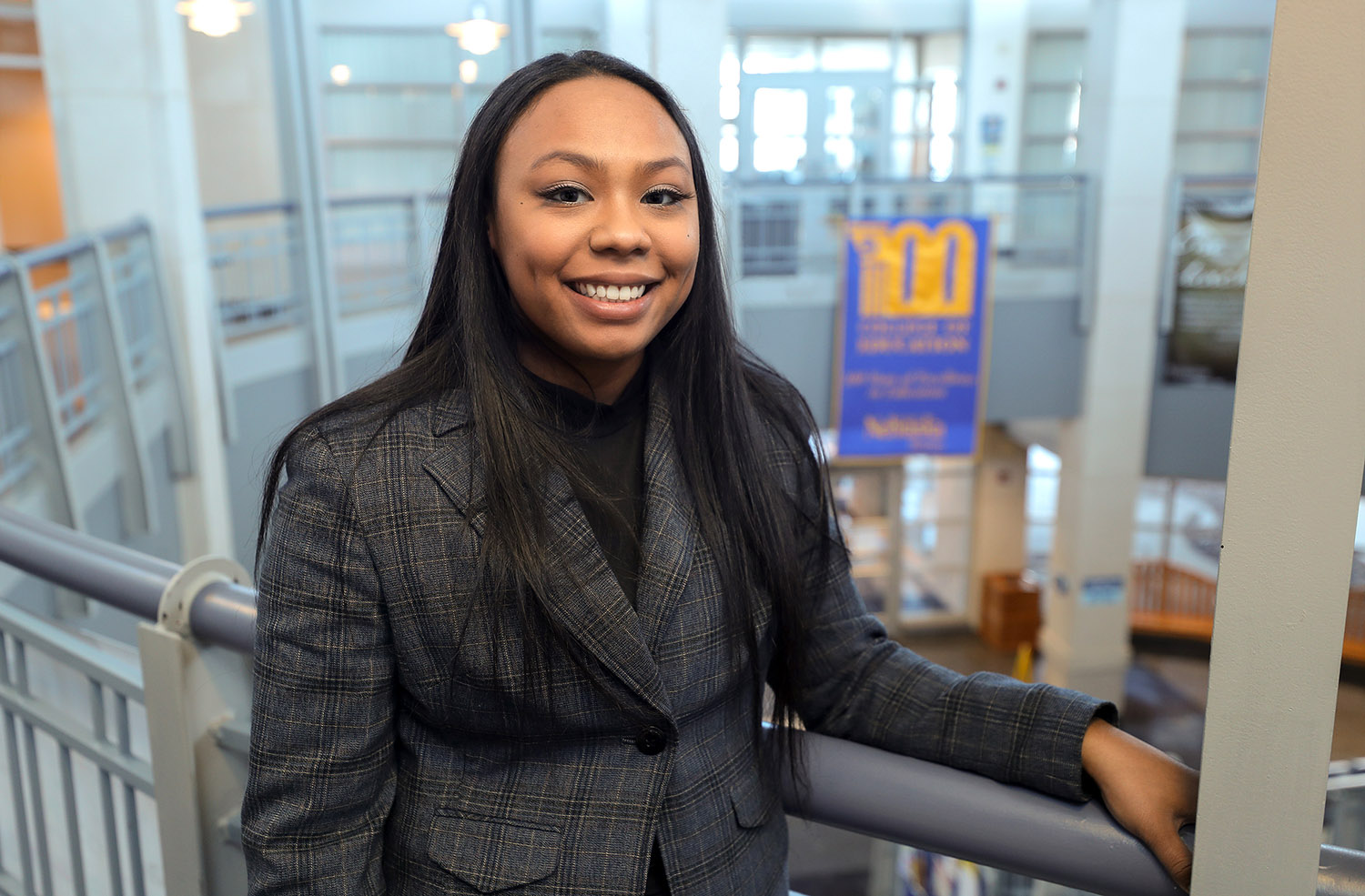
By TYLER ELLYSON
UNK Communications
KEARNEY – Civil rights attorney and law professor Bryan Stevenson, founder and executive director of the Equal Justice Initiative, believes there are four things we must do to achieve justice:
- Stay proximate to the people you are trying to help
- Change the narrative
- Never lose hope
- Be prepared to do things that are uncomfortable and inconvenient
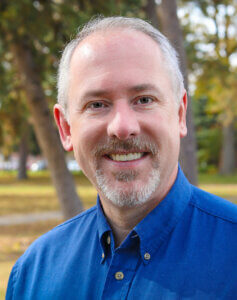
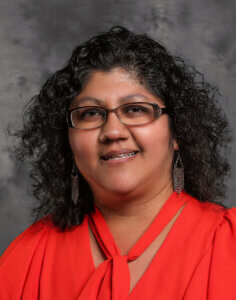
These rules – a blueprint for a better world – can be used to describe Asianna Harris’ impact at the University of Nebraska at Kearney.
“She wants the UNK campus to get proximate to the stories, change the narrative, connect with others to live another day with hope, and to remind us that for change to occur, we have to get uncomfortable as we learn from Black student truths,” said Chandra Diaz, an associate dean and assistant professor in UNK’s Department of Teacher Education.
A graduate student in the clinical mental health counseling master’s program, Harris has been making a difference at UNK since her arrival in fall 2019. The Las Vegas native is an advocate for underrepresented students who uses her talent and experiences to create a more inclusive and supportive learning environment for Lopers from diverse backgrounds.
“Asianna just has a style of connecting with people,” said Matt Mims, a professor in the department of counseling and school psychology who helped recruit Harris to UNK. “She says things that people are willing to hear, but at the same time she challenges them to broaden their thinking, which is a great gift.”
VOICE FOR CHANGE
During her first year at UNK, Harris worked as a graduate assistant in the Office of Student Diversity and Inclusion, where she mentored students and organized a team-building retreat for scholarship recipients.
Harris talked about “imposter syndrome” at that event.
“A lot of students who are minority or first-generation get to higher education and start to doubt themselves,” she said. “It’s important to have somebody who reinforces that you belong here, you’re smart enough to be here and you have a place in higher education. Students need that reminder to keep their confidence up.”
They also need someone who can relate to and understand their experiences. Harris embraced that role as the adviser for UNK’s Black Student Association.
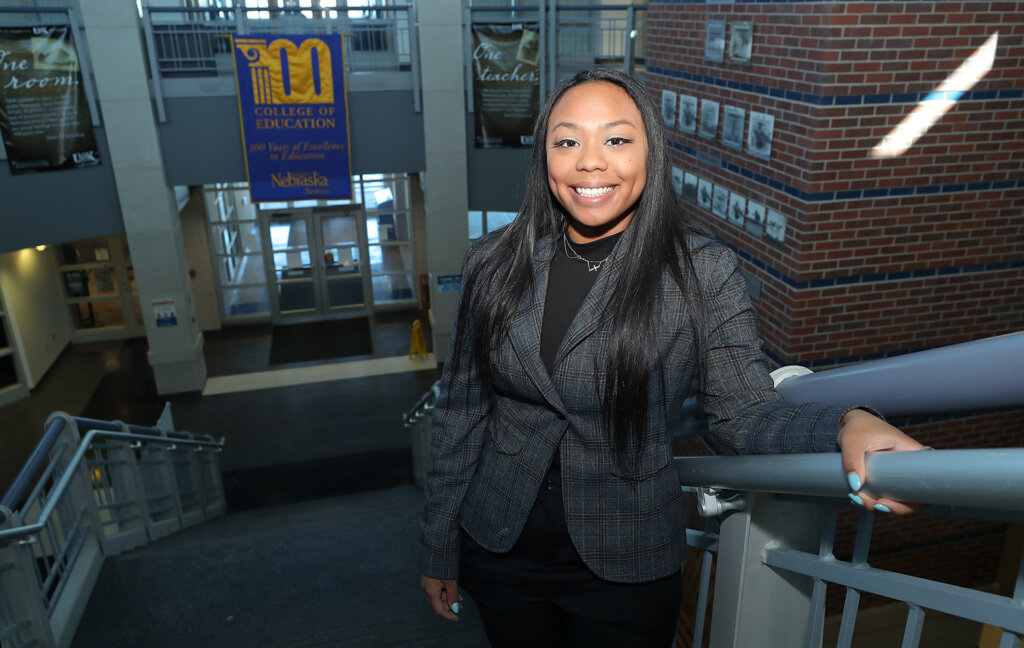 “A lot of Black students would come to my office and be like, ‘You’re the only Black person I know who is a staff member here. Can I talk to you?’” Harris said. “I can understand that. At my undergraduate school there weren’t a lot of Black faculty members you could talk to, so you were constantly like, ‘Who can I go to who is an ally who will actually understand my experience?’”
“A lot of Black students would come to my office and be like, ‘You’re the only Black person I know who is a staff member here. Can I talk to you?’” Harris said. “I can understand that. At my undergraduate school there weren’t a lot of Black faculty members you could talk to, so you were constantly like, ‘Who can I go to who is an ally who will actually understand my experience?’”
“Most of the Black students who are here are Black athletes and they’re coming from outside the state, and they always talk to me about feeling culture shock,” she added.
Harris, who organized last year’s Martin Luther King Jr. Day event on campus, is playing a major part in UNK’s efforts to diversify its student population and further promote an inclusive environment that provides equal opportunities for all individuals.
Now a graduate assistant in the department of counseling and school psychology, she was selected to serve on the College of Education’s recently created Diversity, Equity, Inclusion and Social Justice Committee. Harris is the only student on the 17-member committee.
“This committee is taking the lead in ensuring UNK students are receiving an educational experience that’s free of inequality,” she said. “We want every student, regardless of race, gender, sexuality and religion, to have an inclusive experience in an educational system that historically has not been set up for everyone to succeed. By addressing our curriculum, producing research and programming educational events that spread awareness, we are taking the right step forward to making UNK more inclusive and equal.”
Harris took the lead on the committee’s first event, “Racism, Black Students and the Emerging Mental Health Crisis,” a webinar featuring Ebony McGee, an associate professor of education, diversity and STEM education in Vanderbilt University’s Peabody College. McGee discussed the racialized experiences and racial stereotypes that adversely affect the education and career trajectories of Black students, as well as the related physical and mental wellness issues. She also shared ways colleges and universities can better support these students.
“We brought Asianna into this committee thinking we would support her efforts,” said Diaz, who also serves on the Diversity, Equity, Inclusion and Social Justice Committee. “In reality, she has led us on a wonderful journey.”
BRIGHT FUTURE
In addition to her advocacy, Harris works on research projects and student recruitment for the department of counseling and school psychology.
She’s also president of the UNK chapter of Chi Sigma Iota, an international honor society for counseling students, educators and professionals, and she’ll present a research project, “LGBTQ+ Research and Community Symposium: A First in Rural Nebraska,” at the American Counseling Association virtual conference in April.
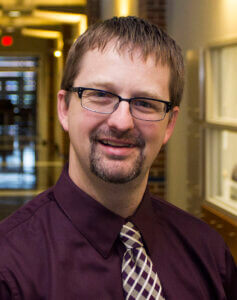
Associate professor Doug Tillman, her faculty adviser in the department of counseling and school psychology, called Harris an exceptional student who consistently exceeds expectations and energizes the learning environment.
“What makes Asianna especially impressive is that she is a natural leader with follow-through at the highest level,” Tillman said. “The field of counseling is in wonderful hands with Asianna in it.”
Harris’ graduate assistantships and honor society involvement are preparing her to take the next step in her academic journey. She plans to pursue a doctorate in either counseling psychology or counseling education and supervision, with a long-term goal of running her own clinic back in Las Vegas.
“There are very few Black women counselors out there so I know I can be a lot of help,” said Harris, whose father is a counselor at High Desert State Prison in Nevada.
Mims has no doubt there’s a bright future in front of her.
“She’ll be the community member who is working hard at her job, and then goes home and works on other things to strengthen the lives of people around her,” he said. “We need more professionals like her.”